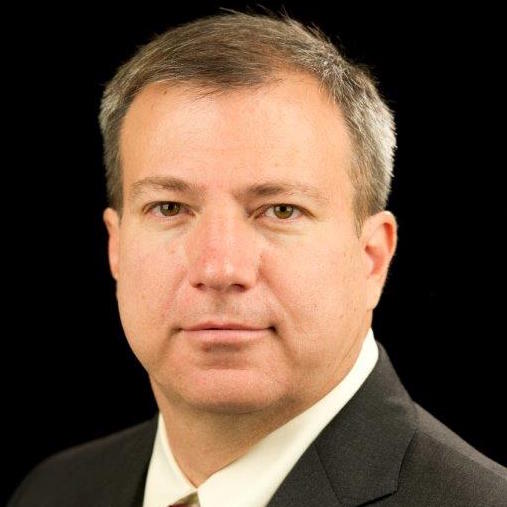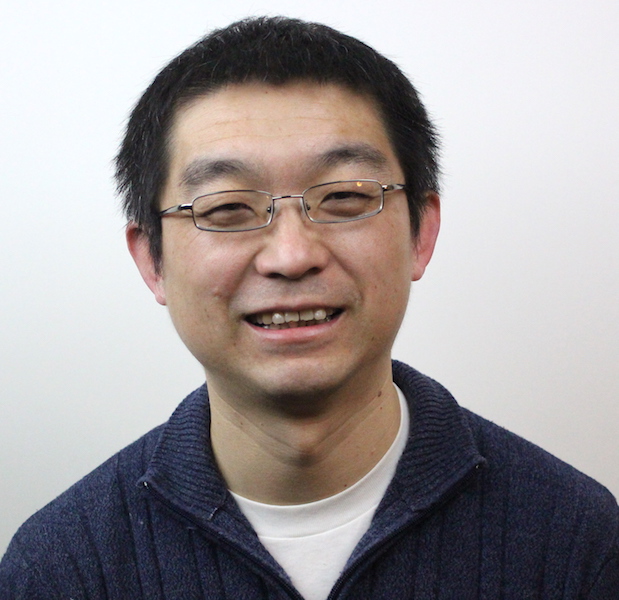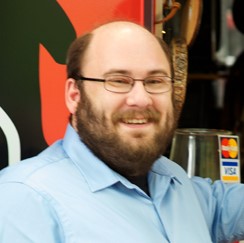2016 Oregon Cyber Security Day
April 22, 2016, Friday
Jaqua Auditorium, University of Oregon, Eugene, Oregon
Distinguished Speakers
This one-day event will feature a slate of distinguished speakers from academia, industry and government, to discuss current challenges and future opportunities in cybersecurity.

Dan Massey
Dr. Dan Massey is a program manager in the Cyber Security Division (CSD) for the Homeland Security Advanced Research Projects Agency at DHS S&T. His portfolio includes security for cyber physical systems, distributed denial of service defense, routing security, and open source security. He is the author of over 75 peer reviewed publications. Prior to his position in CSD, Massey worked as a tenured associate professor at Colorado State University and was previously a project leader and research assistant professor at the University of Southern California Information Science Institute. Some of his projects have included serving as an editor for the DNS Security Extensions work on internet BGP monitoring and analysis, security enhancements such as the Route Origin Verifier and work on the Named Data Networking project that is developing a new information centric architecture. He earned his bachelor’s degree in mathematics and computer science and his master’s degree in applied mathematics all from the University of California, San Diego and his doctorate in computer science from the University of California, Los Angeles.

Ernie Brickell
Ernie Brickell is a Senior Principal Engineer Security Architect at Intel and a Fellow of the International Association of Cryptologic Research. He is the Intel Principal Investigator with the Intel Science and Technology Center on Secure Computing at the University of California, Berkeley. His current responsibilities at Intel include formulating the Intel strategy for Post Quantum Cryptography. Ernie established the Security Architecture Forum at Intel which is the decision making body on security architecture for all products at Intel.
Ernie has been working in cryptology and security for 30 years. He has chaired, been a program chair, and been an invited speaker multiple times at the annual Crypto and Eurocrypt conferences. He was the founding Editor-in-Chief of the Journal of Cryptology, and served as editorial board member for 12 years. Ernie began his career at Sandia National Laboratories, and has also worked at Bellcore and Certco before joining Intel. Ernie holds a M.S. in computer science and a Ph.D. in Mathematics from the Ohio State University. He and coauthors, Jan Camenish and Liqun Chen recently received the test of time award for their paper on Digital Anonymous Attestation at CCS. His design of Enhanced Privacy ID has been incorporated into Intel products to allow Intel silicon to attest as Intel silicon, to prove the keys were not revoked, and without revealing identity information.

Gang Qu
Dr. Gang Qu is a professor in the Department of Electrical and Computer Engineering and Institute for Systems Research, University of Maryland at College Park, where he is the director of Maryland Embedded Systems and Hardware Security (MeshSec) Lab and the Wireless Sensors Laboratory. His primary research interests are in the area of embedded systems and VLSI CAD with focus on low power system design and hardware related security and trust. He studies optimization and combinatorial problems and applies his theoretical discovery to applications in VLSI CAD, wireless sensor network, bioinformatics, and cybersecurity. His book “VLSI Intellectual Property Protection: Theory and Practice” is the first in hardware security and he is also the author of a popular MOOC course on hardware security.

Adam Wick
Adam Wick leads the systems software group at Galois, Inc., an R&D company in Portland, OR. Galois does research in formal methods, programming language development, operating systems, compiler engineering, and security. Dr. Wick has worked in a variety of fields at all level of the software stack, from hardware synthesis to web applications, but has recently focused on network and operating system security. Amongst his current jobs, he leads the CyberChaff and Prattle cyber defense projects, and serves as the transition lead for Galois’s DDoS defense solution, 3DCoP. He is also the author and maintainer of Galois’s Haskell Lightweight Virtual Machine (HaLVM), one of the original unikernels, as well as a Haskell implementation of the Tor anonymity protocol.